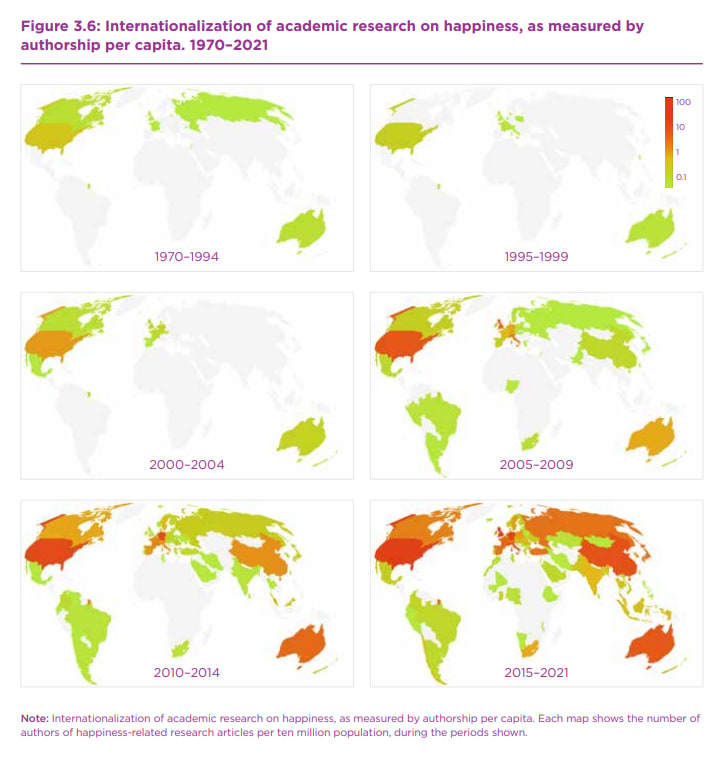Made you look!
I’m less irritating in person than I am online—my DM’s are open if anyone wishes to entertain my over-opinioned thoughts on mental health any further. I’m always keen to learn. UK doctor / EA outsider / well-intentioned visitor to your community (I come in peace).
I was told to mention that Gregory Lewis is responsible for my philosophy training, as well as Kristen Bell—please direct all criticism appropriately.

For UK universities (I see a few have EA clubs) - it is really weird that student volunteers receive individual funding. I think this applies to US as well but can’t be 100% sure:
UK student clubs fall under the banner of their respective student union, which is a charitable organisation to support the needs, interests and development of the students at the university. They have oversight of clubs, and a pot of money that clubs can access (i.e. they submit a budget for their running costs/events for the year and the union decides what is/isn’t reasonable and what it can/can’t fund). They also have a platform to promote all clubs through the union website, Freshers’ week, university brochures, etc.
Some external organisations sponsor clubs. This is usually to make up ‘gaps’ in funding from the union e.g. If a bank wanted to fund a finance club so they can provide free caviar and wine at all events to encourage students to attend, in return for their logo appearing in club newsletters, this makes sense; the union would not be funding the ‘caviar and wine’ line item in the budget as this is not considered essential to supporting the running of the finance club as per the union’s charitable aims (and they have 100s of clubs to fund).
Student clubs do really impressive things and often need support in achieving this e.g. if a club wanted to run a pan-London summer school to support widening access to STEM it’s likely this would be supported by the union and corporate sponsorship to cover costs. They can also access free support/time from student union staff on the operational/finance side. The students wouldn’t be paid to run the club though, and are often recognised for their extraordinary voluntary service in other ways e.g. student awards, etc.
The PETA program you linked to is paying individual students arrange ad-hoc protests etc on campuses, and will pay a reasonably small sum and provide materials to support that. It’s not under a banner of a student club (from what I can tell i.e. not Oxford PETA). It’s different than PETA paying Oxford PETA’s President $600 a semester just for being President. It also isn’t paying someone to set up the club or keep it going year-on-year by ensuring committee members (which should be based on enough students having an interest).
It seems OP was paid in his role as the latter i.e. to run a club at a university (a voluntary position). If so, I share OP’s assessment this is weird—there’s something about it which feels uncomfortable: wondering what people are being paid for, how they are selected, if this is a salary (with a contract and protections) or just a golden handshake, how that changes dynamics within the club, or potential conflicts of interest e.g. being asked to run an EA conference in finals week, how safe a student would feel in declining if they had accepted a large amount of money throughout the year.
I’m curious how much money these roles are attracting and if this changes between universities (even a ballpark figure would help)? I’d be curious to know if this is generally known at universities and what evidence there is this helps—personally, if I was back in Freshers’ Week and I came across an EA stall, it would markedly downgrade my estimation of EA to learn the otherwise ‘volunteer’ positions in other fantastic clubs were paid here i.e. I’m not seeing passionate students devoting their time to a cause they care about, it’s also/mainly a money-making venture (especially with OP’s description of ‘outrageous’). I’m perplexed why this is being done at all—EA could be funding conferences, retreats, etc without this type of ‘weird’, and surely there is sufficient interest within students to not have to pay volunteers.
[You’re not the only person to make this point, so please don’t think I’m challenging you personally as I pretty much agree with your stance on everything except for the ‘weirdness’ - I’ve just seen a few misconceptions in this thread about uni clubs and thought I could clear some up here vs a new comment.]